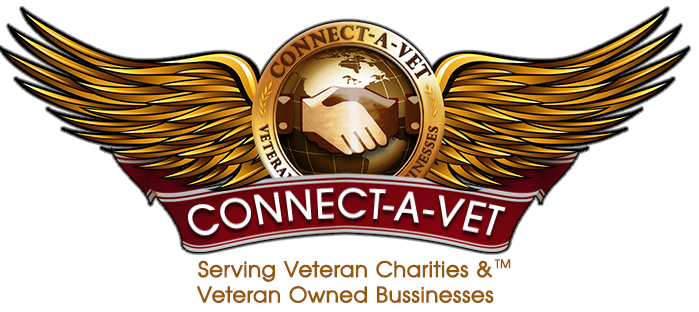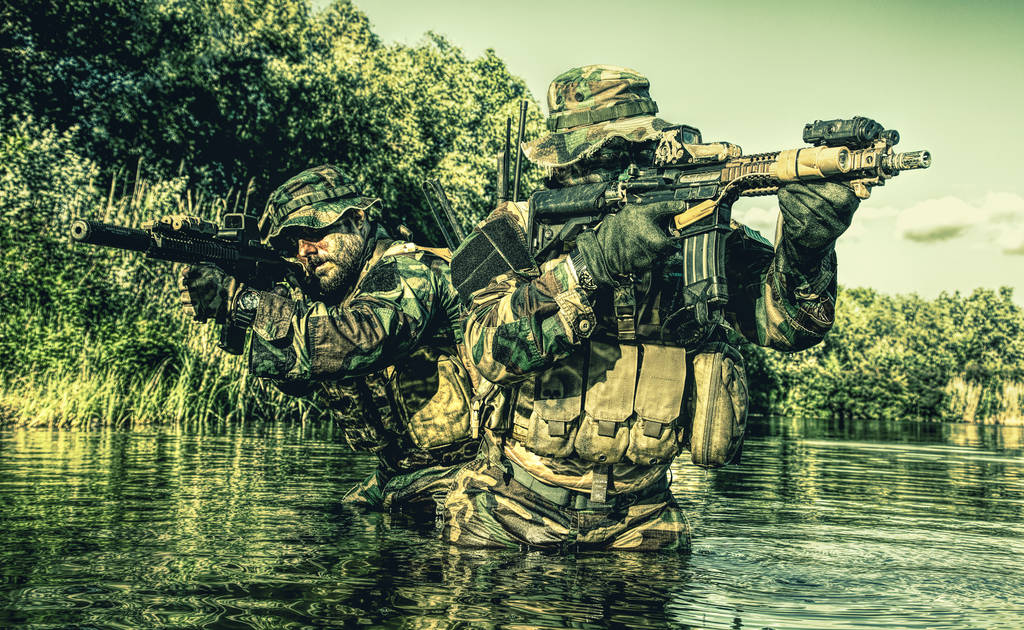For veterans dealing with Post-Traumatic Stress Disorder (PTSD) and Traumatic Brain Injury (TBI), the journey to recovery is often an arduous and lonely road. The complex nature of these conditions means that traditional therapy and medication, while valuable, may not address all aspects of the healing process. This is where veteran-led support groups, particularly those run by combat veterans who have successfully navigated their own struggles with PTSD and TBI, can be an invaluable resource. These groups provide a unique level of understanding, camaraderie, and practical support that is often essential for both the affected veteran and their family.
Understanding Through Shared Experience
One of the most compelling reasons for a PTSD or TBI survivor to connect with a veteran-led support group is the deep, shared understanding that only fellow combat veterans can offer. While medical professionals and therapists can provide clinical insights and treatment plans, they may not fully grasp the lived experiences of combat and the profound psychological impacts it can have. In contrast, veteran-led groups are run by individuals who have been in similar situations, faced similar
challenges, and understand the complexities of transitioning from a combat zone to civilian life.
This shared experience fosters a sense of belonging and reduces the feelings of isolation that many veterans with PTSD or TBI experience. Being among others who “get it” can be incredibly validating and comforting. In these groups, veterans are likely to encounter others who have faced the same fears, nightmares, and emotional turmoil, which can significantly reduce the stigma and shame often
associated with these conditions.
The Power of Peer Support
Veteran-led support groups offer a peer-to-peer model of support that is both practical and empathetic. These groups often provide a safe space where veterans can openly discuss their struggles, knowing they will be met with understanding and without judgment. The peer support model allows veterans to share coping strategies, offer advice, and provide encouragement based on their own experiences. This can be particularly powerful because the advice comes from those
who have walked the same path and have found ways to manage and even overcome their symptoms.
In addition to emotional support, these groups often provide practical resources and guidance. Whether it’s navigating the VA healthcare system, finding employment, or accessing specialized therapy programs, veteran-led groups can offer the kind of practical advice that is often missing from more formal support systems. This guidance is based on real-world experience, making it highly relevant and actionable for those who are struggling to find their footing.
Building a Path to Recovery
For many veterans, the path to recovery from PTSD or TBI is not a linear one. It involves setbacks, periods of progress, and sometimes a sense of hopelessness. Veteran-led support groups can provide the structure and ongoing support that are crucial for long-term recovery. These groups often run programs or workshops specifically designed to help veterans develop the skills and resilience they need to manage their symptoms effectively.
Moreover, seeing others who have successfully navigated their way through PTSD or TBI can be incredibly inspiring. It offers a beacon of hope and a tangible reminder that recovery is possible. Veteran-led groups often feature success stories of those who have reclaimed their lives, and these narratives can motivate others to keep pushing forward, even when the road is tough.
Support for Families
The impact of PTSD and TBI extends beyond the individual veteran to their family members, who often bear the emotional burden of watching their loved one struggle. Veteran-led support groups recognize this and typically offer support not just to the veteran but to their families as well. This can include counseling, educational resources, and support groups specifically for spouses, children, and
other close family members.
Families gain access to a community of others who understand the unique challenges they face, such as coping with mood swings, handling communication breakdowns, and dealing with the emotional ups and downs that come with living with someone with PTSD or TBI. These groups can provide practical advice on how to support their loved one, while also offering a space where family members can express their own feelings and receive support.
Why Veteran-Led Support is Critical
The effectiveness of veteran-led support groups lies in their authenticity and relatability. These groups are not just about offering sympathy; they are about offering actionable steps, survival strategies, and hope based on real-world experiences. The camaraderie and trust that develop within these groups can be a critical factor in a veteran’s recovery, providing a sense of purpose, connection, and the motivation to keep fighting.
In conclusion, for veterans dealing with PTSD or TBI, getting plugged into a support network run by fellow combat veterans is not just beneficial—it’s often essential. These groups offer a unique blend of empathy, practical advice, and ongoing support that can make the difference between struggling alone and finding a path to healing. They provide a space where veterans and their families can rebuild their lives, together, with the help of those who truly understand what they are going through. The journey to recovery is never easy, but with the support of those who have been there, it becomes a journey of shared strength, resilience, and ultimately, hope.

